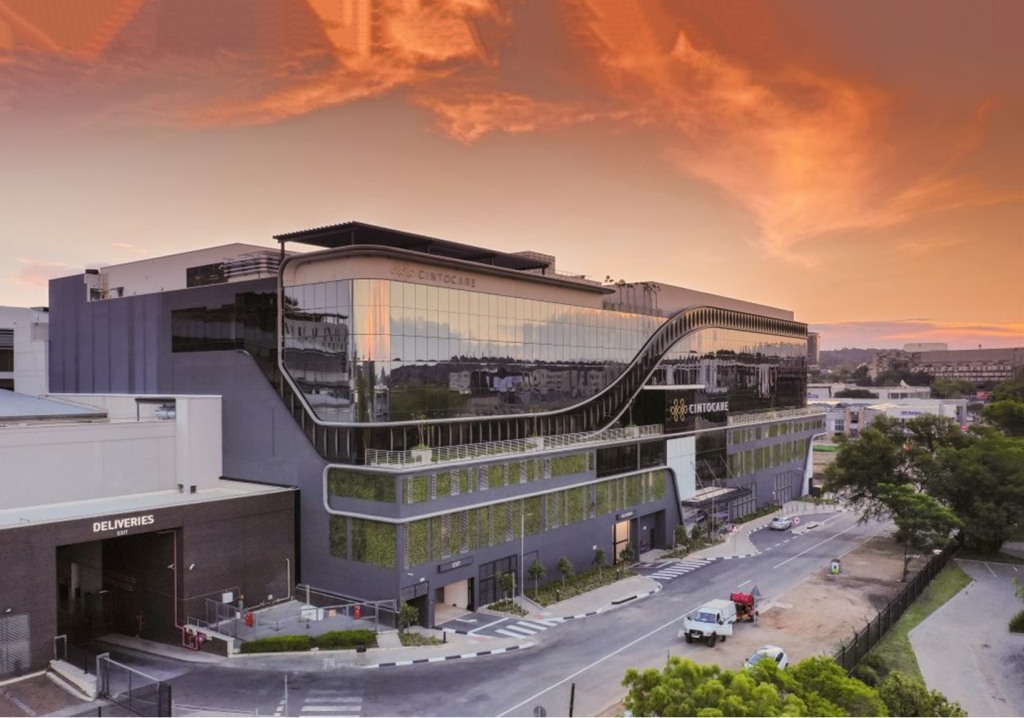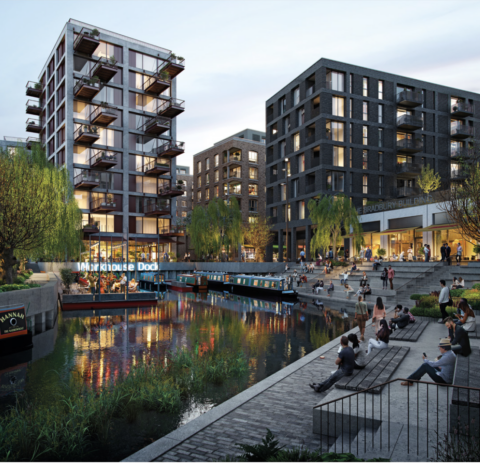Business Day Commercial Property
The Pulse Of Medical Real Estate Investments
Benchmark Group CEO Hennie Bezuidenhoudt believes that “healthcare is an essential service. It’s also an emotional service that people are prepared to pay for”. Bezuidenhoudt is also chair of OrbVest, a company that specialises in the US medical property market.
He believes in putting his money where his mouth is for a few reasons: healthcare is a “growing, sizeable” industry for which there is a strong demand. “It’s a stable industry and has shown growth for years,” he says, “certainly, spending on healthcare has increased globally. Even in challenging times, people are supported by medical insurance.”
And, he adds, you are looking at a low-risk real estate category where leases are long – medical professionals rarely hop around, and now, with specialised, heavy equipment that is difficult to relocate, are even less likely to do so. Also, as licencing rights rest with the facility and not the doctor or staff, there is further incentive to stay put.
But it is events outside of the traditional real estate domain, such as the intersection of IT with healthcare, that are taking this niche market to new levels.
“There is a massive transformation in healthcare,” Bezuidenhoudt says. “Artificial intelligence, 3D printing, stem cell technology and genome sequencing bring incredible benefits to diagnostics and therapy and will have a major impact on longevity.”
Already, he says, baby boomers are living longer on average – “improved nutrition, new drugs and advances in technology lead to longer life”. With those over the age of 65 tending to seek out medical treatment five times more frequently than before, “this requires more specialised healthcare treatments and facilities”.
Bezuidenhoudt says the healthcare industry “acceleration” is only accelerating further. “There’s a move away from old-style hospitals towards specialised, dedicated medical facilities.” Aesthetically pleasing day hospitals or super-specialised medical premises where professionals congregate in the same facility in a symbiotic way, sharing pathologists, for example, have benefits that include a decreased risk of infection.
“We are moving from reactive healthcare to preventative and increasingly to predictive care, which comes with genome sequencing,” explains Bezuidenhoudt. “This transformation will lead to more personalised medicine based on your personal health profile. Soon, we will be able to predict, say, a heart attack, years in advance.”
It’s a revolution, he says. “Demand for facilities of the future will only increase going forward.”
Dr Linda Sigaba, fund manager of Growthpoint Healthcare Property Holdings, agrees that demand will continue to be sustained in the near future as an “ageing population living longer increases the need for more specialist facilities”. Already evident in the US and Europe, Sigaba says that increased incidents of lifestyle-related disease are now also emerging in South Africa. Further, South Africa has high fertility rates and this will provide an underpin for utilisation of healthcare facilities.
“The healthcare market is defensive in nature,” he says. “Assets tend to maintain their earnings and revenues during market downturns, allowing them to perform better than the broader market during a market correction or a bear market accompanied by a recession.”
Still, every investment comes with a component risk, says Sigaba. “The brain drain of medical professionals, once an issue, has now improved. The affordability of private healthcare and the introduction of the NHI is another risk consideration, but we believe medical funders will remain innovative in developing new funding models that will ensure the long-term viability of private healthcare. While the NHI has been flagged as a risk to the sector, it is potentially an opportunity if its implementation results in improved access by those that currently have limited access to healthcare as new healthcare facilities will be required.”
Sigaba says the “black swan” event of COVID-19 and the resulting hard lockdown “did not spare any sector, including the property and healthcare industries. But, there was a quick recovery and performance was unscathed in the second wave, boding well for any future similar issues.”
Bezuidenhoudt sums it up: “Healthcare is an in-demand emotional service; it makes medical real estate a future-proof investment.”






 Sign-up and receive the Business Media MAGS newsletter OR SA Mining newsletter straight to your inbox.
Sign-up and receive the Business Media MAGS newsletter OR SA Mining newsletter straight to your inbox.